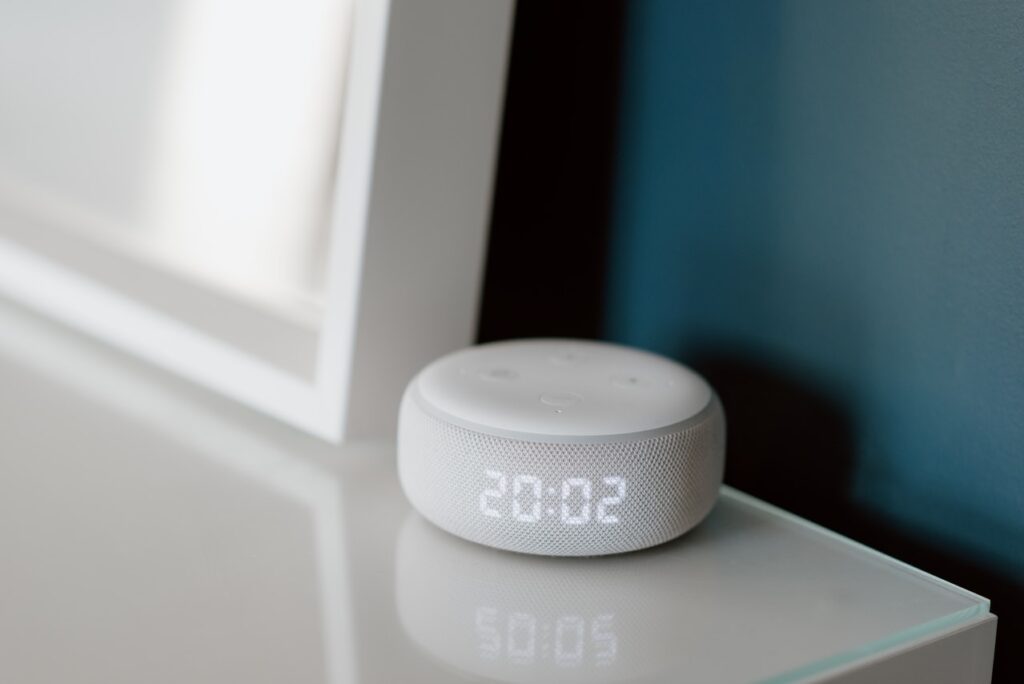
How many times have we wanted to hear, even just one more time, the voice of someone we love who passed away? Alexa, Amazon's virtual assistant, will be able in the near future to give that opportunity to its customers through sound messages that will bring back to our ears the one we miss so much.
Through Artificial Intelligence (AI), the application's engineers will be able to imitate the voices of those deceased people we wish to hear again in sound messages with a maximum duration of one minute.
"Many of us have lost a loved one, and while AI can't take away the pain of loss, it can make their memories last," said Rohit Prasad, senior vice president and chief scientist of artificial intelligence at Alexa during his keynote at the re:MARS conference, which is being held in Las Vegas, Nevada.
The development of what will be, one of Alexa's many functions, is based on replicating the speech of a dead relative, based on less than a minute of recorded audio from the original person.
During Amazon's global Artificial Intelligence event for machine learning, automation, robotics and space. re:MARS, the executive gave a demonstration of what the assistant will be able to do through an Echo Dot.
"Alexa, can Grandma finish reading me The Wizard of Oz?" asked Prasad aloud. The assistant, in her typical voice replied "Okay!" Then, as the device began to narrate a scene of the Cowardly Lion asking for courage, Alexa's robotic tone was replaced by a more human-sounding narrator.
"Instead of Alexa's voice reading the book, it's the voice of the child's grandmother," Rohit Prasad enthusiastically explained.
The goal of such a feature of Alexa, Amazon's virtual assistant, which is still in development, is to build greater trust with users by infusing artificial intelligence with the "human attributes of empathy and affection."
The engineer mentioned that Amazon developers learned to "produce a high quality voice with less than a minute of recording" in addition to focusing on the ability to reproduce the voice of a deceased loved one as a conversion task and not voice generation.
Rohit Prasad emphasized that the advances that the device has made in terms of its functions come from the same needs that users have pointed out over time.
Although he did not indicate when this function would be available, he did emphasize that they are working on it.
"Undoubtedly, we are living in the golden age of AI, where our dreams and science fiction are becoming reality," Prasad said.
Not everyone welcomed the announcement with enthusiasm, as experts said that while the prospect of hearing the voice of a dead relative can touch the heart, it also raises a host of ethical and safety concerns.
"I don't feel like our world is ready for easy-to-use voice cloning technology," Rachel Tobac, CEO of San Francisco-based SocialProof Security, told The Washington Post.
He further detailed that, if a cybercriminal can easily and credibly replicate another person's voice with a small voice sample, they can use that sample to impersonate other people, which can lead to impersonation, fraud, data loss, account takeovers and more.
With information from The Washington Post.
You may be interested in: Burlingame to be home to Meta's first physical store


